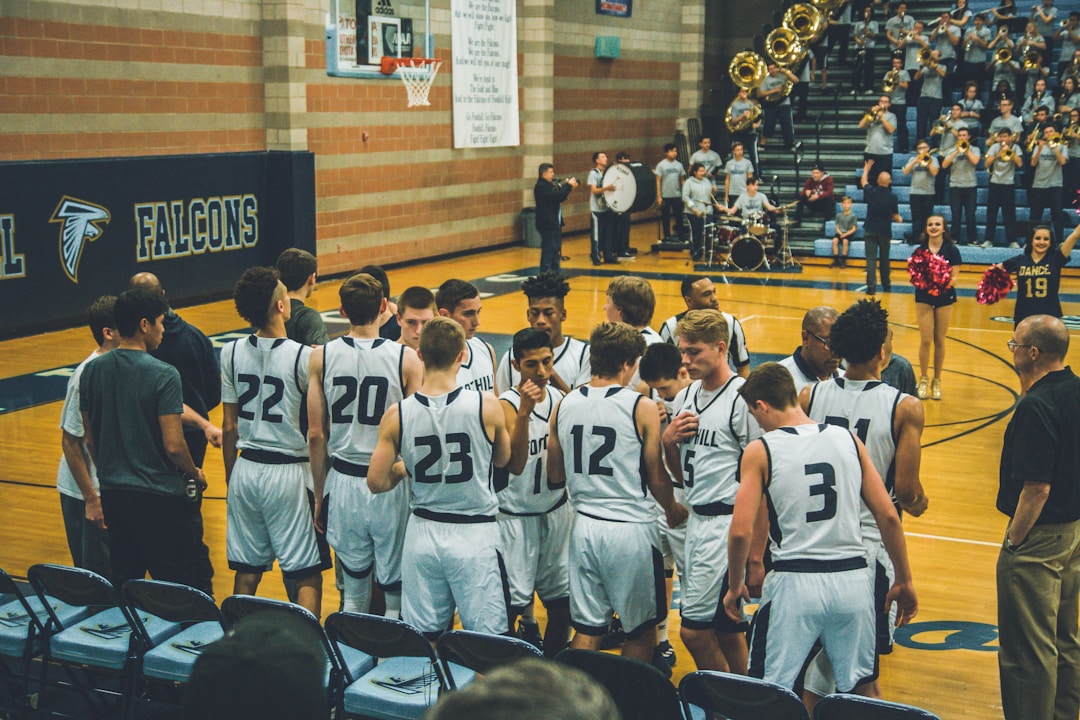So you really want to Work in Retail in the Future? With news titles of “Retail Apocalypse” lingering around in masses, a drop of traffic in many areas of retail, that is driving a constant pressure on productivity in store, one of the key question for the professionals working in HR Retail is how can we make Retail attractive for today’s talents?
The issue is even more complicated. Many agree now that the future of retail is in delivering experiences. But these don’t come easy, in an industry that for a lot of time has been used to often hire low skilled labour, focusing on basic customer service and “hoping for the best”. In a not so distant past, it was sufficient to have a decent product, and then a script for a smile, greet, check the size and process the customer at the till. Sales would come.
In the omnichannel reality we live today, things have changed. A sales associate in-store is asked to compete with customers that normally have already done all the product comparison at home before coming to store. She’s asked to do her best to deliver an experience, even while the customer is already browsing if there’s a better price online. And all this on minimum wage and reduced hour contract.

We see also other roles of Retail changing. All the management chain is asked to evolve in understanding customer journey beyond the physical boundaries of stores. Pick-up in store, order online, returns handling, often all these add a burden to the store operations itself, without necessarily being captured by the store P&Ls, way to often limited to what happens only within the bricks of the four walls.
if I were a young student today, looking to get my first job, why would I choose retail?
There’s definitely not one and only answer for this that is absolutely valid. Also because we need to skim through all those people for which retail is the only available option (still a reality in many large and small cities).
Asking people that are today starting their journey in this industry, with a motivation that is not just linked to the need for a basic income (a motivation we shall still respect and that will still drive a consistent part of the workforce for the year’s to come), there are some key discerning elements that people feel are relevant.
We need for sure to be wary about those that think retail jobs will completely disappear due to automation. Although already in 2013 an Oxford Study had identified these jobs to be at risk, the reality is that we see also the opposite trend. Many digital-native brands are opening more stores, and the entire question of the Role of the Store is a question today.
1. Have a Purpose
The ideal sales person capable to deliver an extraordinary experience is one that identifies with the sense of purpose of the brand she represents. Multiple facts enter into play around this, and whoever has read Sinek’s last book “Start with Why”, can immediately acknowledge the need for a company to have a strong sense of purpose, not just for their customers, but also to attract and retain key talents.
Also because, in an age of social media and communication, your Internal Culture is Your Brand.
2. Deliver Experiences
There’s an old saying that your level of customer service cannot exceed your level of internal service to your employees. I always think that luckily this sentence is purely aspirational. Because let’s face, the level of Employee Experience delivered in retail is normally pretty basic, if not poor at most. Dashed with cost concerns along the entire line, retailers have resorted into shrinking their staff to the minimum levels in a century.
In an age of rising and ubiquitous retail automation, one way to stand out? Go the other way and cultivate a high-touch, experiential offering that’s all about human contact, creativity and expertize.The Future of Retail: by TrendWatching
This also means getting your teams to think in terms of Customer Experience around all possible touchpoints, not just what is happening at arm’s length. Digital, Physical, Social, all need to be understood as the web of MOT with your brands will increase.
3. Get the right Pay
Historically Retail is about underpaid, overworked and high turnover employment. Difficult to manage the delivery of great experience under these conditions.

Retail talents need to be compensated for what it delivers. Minimum pay is rarely enough to guarantee a living, and more than often current incentive schemes in retail are more prone to cause behaviours not in line with the customer experience you want. What is needed is a Total Reward Strategy for retail that includes fair and transparent pay conditions, relevant benefits and incentives linked to real productivity. (I discuss this in further detail here).
It’s not just a question of fair pay, as the Aspen Institute has recently found out, but of delivering a true business case.
4. Measure what matters
All of the above will not make much sense if we don’t adapt the way we measure success. Too often metrics are still held to the time where everything happened within the 4 walls of a store. We need new KPIs and metrics, and we need to ensure that people understand analytics and new ways of measurement that are relevant for their job.
5. Don’t think Millennial.
Last but not least, avoid falling into generation generalisations. Let’s face it: most of the traits of what has been defined “millennials” have failed to impress when these people entered the workforce. Moreover, more generations are appearing, and one of the elements that people have in common today is their willingness to develop their own identities. A one size fits all approach is a guarantee for failure.
Conclusion: is it really worth still considering working in Retail in the future?
I still think that a career in retail is still worth the effort.
And above all, put this item on top of your list of topics for the years to come. No solution will be forever.
So, what do you think about the Future of Working in Retail?

Comments and Feedbacks
More posts like this










